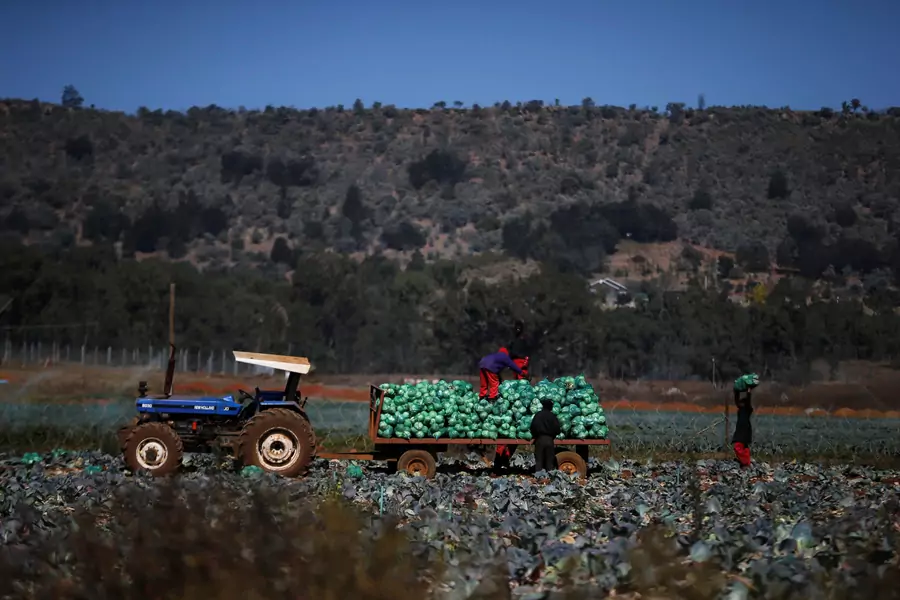Land Reform in South Africa: Another Zimbabwe?

Among some foreign observers, there has long been concern that South Africa could go down a similar path as Zimbabwe. More particularly there is anxiety that South Africa’s robust democratic institutions and the rule of law could give way to the abolition of minority property rights, especially those of white landowners, to benefit impoverished rural dwellers. The rural poor are an important constituency of the governing African National Congress (ANC). Over the past year, party leader and president, Jacob Zuma, has resorted to populist rhetoric, including references to “white monopoly capital” and the urgent need for land reform and redistribution, even without compensation to its owners.
Hence the interest in land reform during the recently concluded ANC National Policy Conference, even though no consensus emerged. The issue has been referred back to party branches for further discussion. Nevertheless, there were two general, if competing, perspectives in the discussion on land reform. One is that land reform should proceed rapidly without compensation to current owners, even if that requires amending the constitution. The other is that land reform should be accelerated, but broadly within the current constitutional and legal framework. An alternative perspective, articulated by President Zuma, was that the constitution already provides for expropriation without compensation “where necessary.”
More on:
As a political issue, land reform is likely to become more important as the ANC’s electoral support declines and support for more radical parties, notably the Economic Freedom Fighters, increases. However, South Africa’s constitution and independent judiciary forecloses massive Zimbabwe-style expropriation of private landholdings. The fact that South Africa has a constitution based on democratic principles, as well as an independent judiciary, a lively parliamentary opposition, and a vigorous civil society, all of which Zimbabwe lacked to a certain extent, precludes Pretoria from taking the road of Harare.
More on:
 Online Store
Online Store